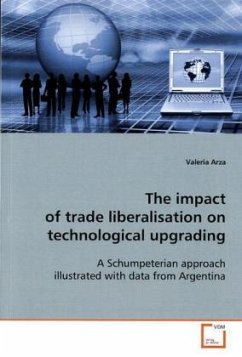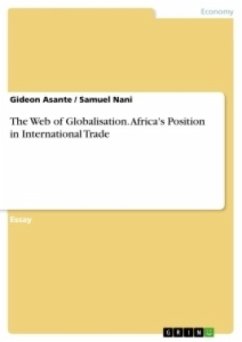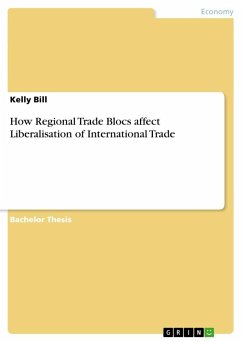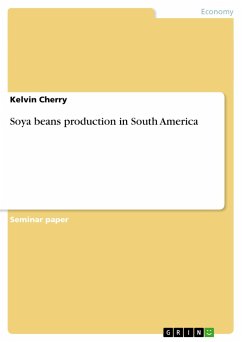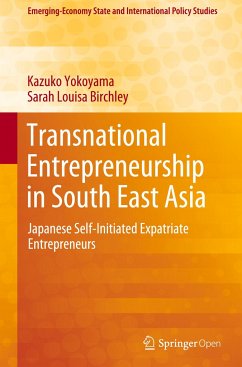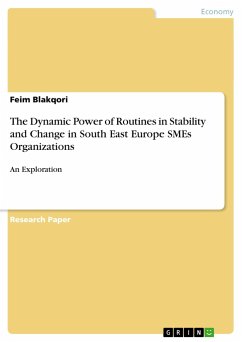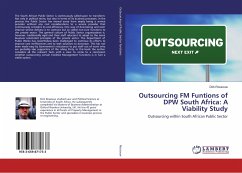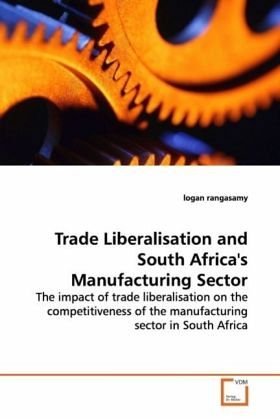
Trade Liberalisation and South Africa's Manufacturing Sector
The impact of trade liberalisation on the competitiveness of the manufacturing sector in South Africa
Versandkostenfrei!
Versandfertig in 6-10 Tagen
45,99 €
inkl. MwSt.

PAYBACK Punkte
23 °P sammeln!
The South African government undertook extensive trade liberalisation during the 1990s with the explicit purpose of improving the competitiveness of industry. The pace of tariff liberalisation in some cases, went beyond the requirements specified in South Africa's WTO offer. This book provides a critical analysis of the impact of the government's liberalisation policy on the competitiveness of the manufacturing sector in South Africa during the 1990s. The role of government intervention in addressing deficient market practices is explored. In essence the study argues that the desired or approp...
The South African government undertook extensive
trade liberalisation during the 1990s with the
explicit purpose of improving the competitiveness of
industry. The pace of tariff liberalisation in some
cases, went beyond the requirements specified in
South Africa's WTO offer. This book provides a
critical analysis of the impact of the government's
liberalisation policy on the competitiveness of the
manufacturing sector in South Africa during the
1990s. The role of government intervention in
addressing deficient market practices is explored.
In essence the study argues that the desired or
appropriate level of openness may not entail
completely free markets for trade and investment.
This in essence implies an important role for
government in unsuring that market outcomes result
in the desired policy objectives.
trade liberalisation during the 1990s with the
explicit purpose of improving the competitiveness of
industry. The pace of tariff liberalisation in some
cases, went beyond the requirements specified in
South Africa's WTO offer. This book provides a
critical analysis of the impact of the government's
liberalisation policy on the competitiveness of the
manufacturing sector in South Africa during the
1990s. The role of government intervention in
addressing deficient market practices is explored.
In essence the study argues that the desired or
appropriate level of openness may not entail
completely free markets for trade and investment.
This in essence implies an important role for
government in unsuring that market outcomes result
in the desired policy objectives.



